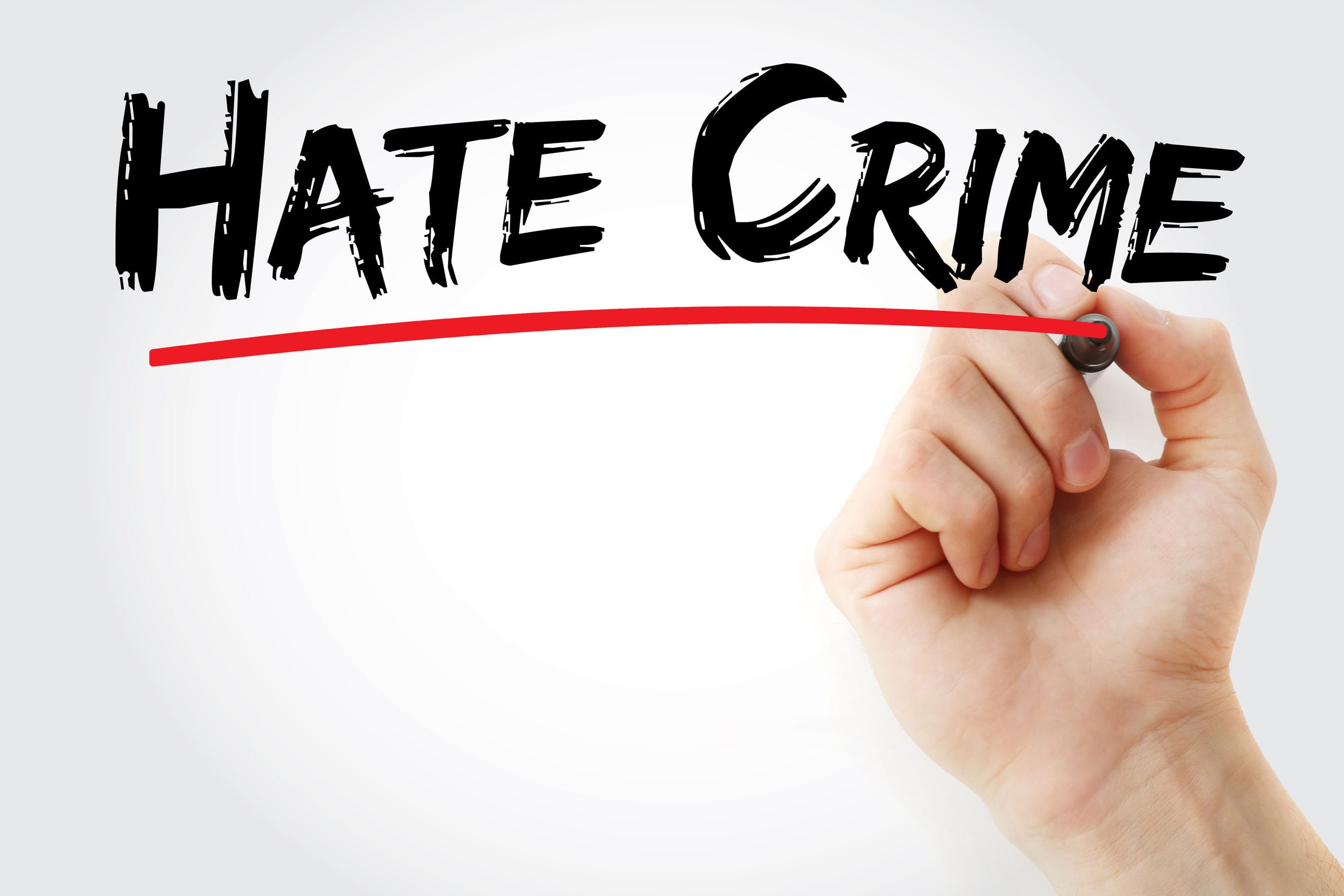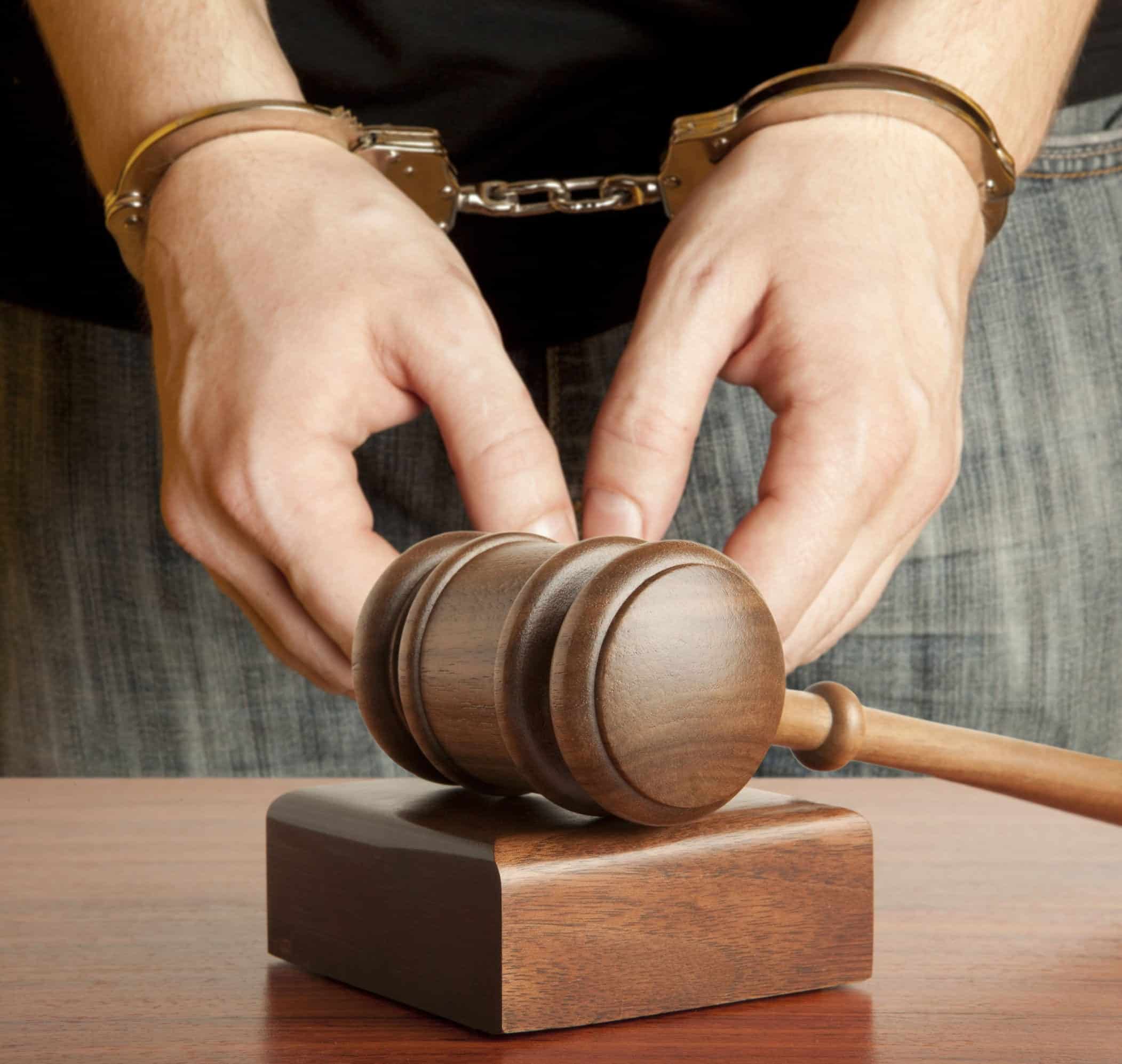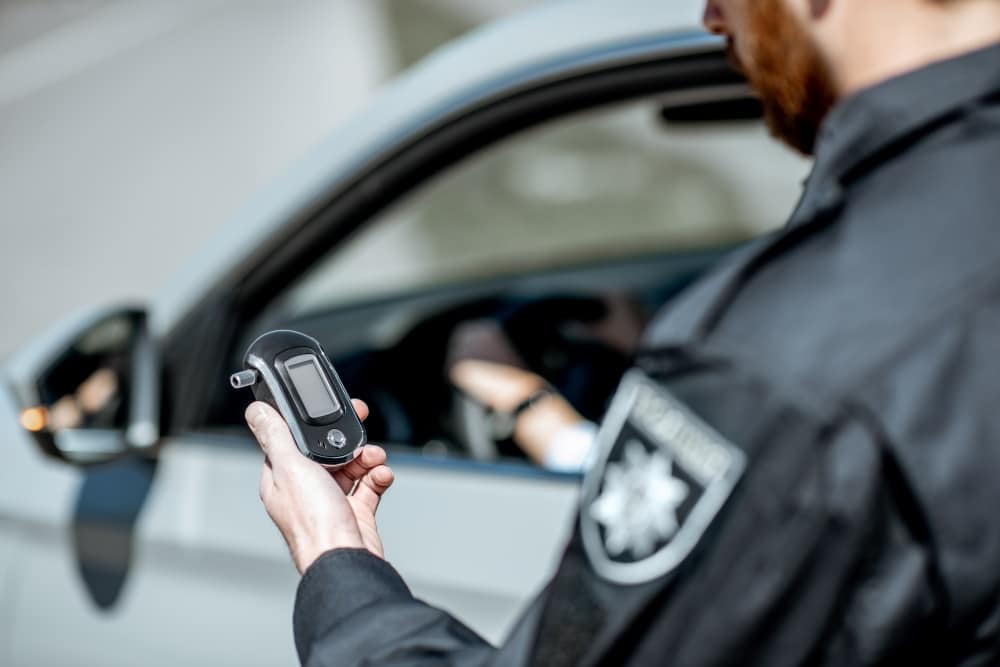- Home
- THE FIRM+
- Criminal Defense+
- CASE RESULTS
- AREAS WE SERVE+
- FAQ’s
- Blog
- Contact
AZHARI LLC BLOG

Posted By: Sami Azhari
Category:
Tensions have been high nationwide this summer. Protests for racial equality have been widespread, especially in Illinois. As a result, more people are aware of race in their day-to-day lives – and the result is not always positive.
Recently in Oak Park, Illinois, a man was charged with a hate crime after confronting and then hitting a Black woman in a parking lot. The alleged crime consisted of verbally and then physically attacking the woman in question while using negative racialized language.
These facts meet the standards for both assault and battery. The fact that it is also a hate crime only elevates the potential penalties should the man be convicted.
Learn here about what that means according to Illinois law and the potential penalties in cases like these. First, the difference between assault and battery.
How Assault and Battery Differ in Illinois
While assault and battery are often discussed in the same breath, Illinois says they are actually different crimes. The difference can be critical when it comes to assigning penalties for a conviction.
How Illinois Defines Each Crime
Assault is defined as being related to battery, but does not require actual physical violence. Specifically, assault is any behavior that leads another person to believe that they are at risk of “receiving a battery.”
An assault can include threatening language, threatening actions, or anything else that makes someone worried about being battered.
Battery, on the other hand, is a more specific charge. It consists of actively causing physical harm to someone, or otherwise touching them in an insulting or unwanted manner. Because battery involves physical contact, it carries higher penalties than simple assault.
Penalties Associated with These Two Crimes
Simple assault is a class C misdemeanor in Illinois. It can carry up to 30 days in prison and up to $1500 in fines. It may also involve community service.
Aggravated assault, where the threatening conduct implies significant harm, can be either a class A misdemeanor or a class 4 felony. That can lead to up to three years in prison and a fine of up to $25,000.
Meanwhile, battery charges begin as a class A misdemeanor but can be elevated to any felony level. Depending on the circumstances, the minimum penalty for a battery conviction is up to a year in prison and a fine of $2500.
That said, serious injuries from a battery incident can lead to up to 30 years in prison and fines in the six figures.
How Hate Crime Charges Elevate Assault and Battery
Hate crime charges are their own crime, but they aggravate other charges as well.
If a person is charged with assault, being charged with a hate crime for the same offense leads to the assault being elevated to aggravated assault. Furthermore, hate crimes are automatically felony offenses, which assault is not always classified as such.
A first-offense hate crime is a class 4 felony, with the potential for up to three years in prison and fines of up to $25,000. A subsequent offense is a class 3 felony, leading to up to five years in prison and fines. It also includes a mandatory year of probation.
Applying Illinois Law to Specific Incidents
If you or a loved one have been charged with a hate crime, your first step should be to reach out to a qualified Chicago attorney.
A legal team experienced in bias-motivated assaults can more effectively help you plan a legal defense. Sometimes a good legal partnership means the difference between having charges dropped or spending years in prison in the current climate.
In the Oak Park case above, the man, who is certainly innocent until proven guilty, was charged with a hate crime because he allegedly used specifically racially-oriented language.
If that is proven in court, then the assault will be considered as racially motivated, and therefore a hate crime. However, not all hate crimes are so clearly biased. Proving bias is essential for hate crime charges to lead to a conviction.
Defend Your Rights with Our Expert Hate Crime Defense Attorneys
If you or a loved one have been charged with a hate crime, it is crucial to understand the severity and potential penalties of these allegations. At Azhari LLC, our experienced defense attorneys are dedicated to protecting your rights and ensuring the best possible outcome for your case. Contact us today for a consultation and take the first step towards safeguarding your freedom and future.
About the Author
Sami Azhari has been working as a lawyer since 2007, after receiving his Juris Doctor from the Michigan State University College of Law. He has handled numerous state and federal cases and is known throughout the Chicago and Rolling Meadows area for providing his clients with high-quality, skilled representation. He has been recognized by Avvo (2013 and 2018), SuperLawyers (2015-2020), The National Trial Lawyers, and other notable organizations, and has spoken at a number of legal conferences.


























































